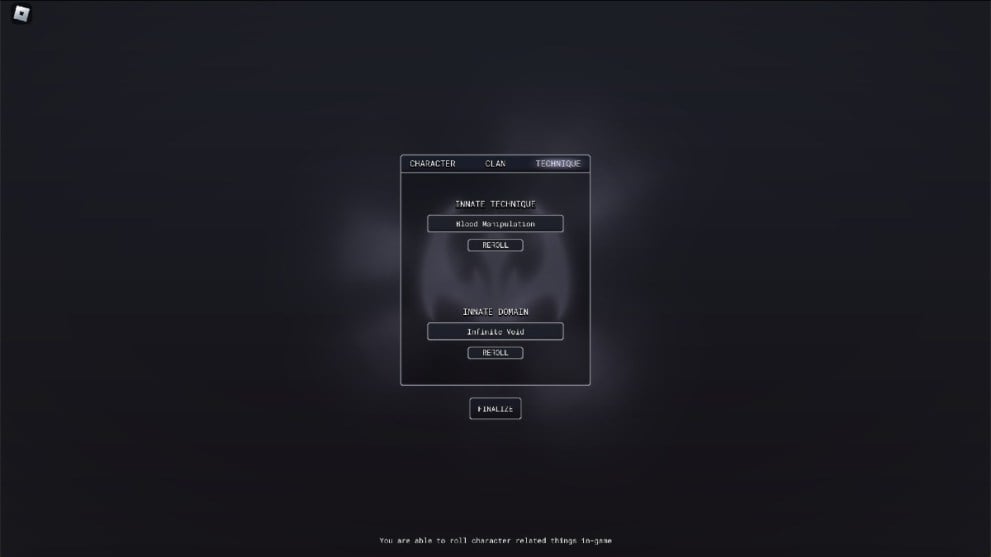To properly harness your powers in this JJK-themed Roblox experience, you’ll want to check out our Sorcery Cursed Techniques tier list. These are special abilities that each have quite lengthy unlock processes, but give you access to several tiers of attacks and power-ups. Let’s get into it!
All Sorcery Cursed Techniques Tier List
| Ranking | Cursed Technique Name |
|---|---|
| S | Disaster Flames |
| A | Cleave and Dismantle |
| B | Projection, Mimicry, Limitless |
| C | Cursed Speech, Blood Manipulation |
See the table above for our exhaustive Cursed Techniques tier list for Sorcery. Rather than ranking them by their rarity or difficulty to get, we’ve judged them based on their abilities.
Fortunately, actually getting each Cursed Technique isn’t the toughest process. First off, you need to either die or leave a level. When this happens, there’s a small, random chance that you’ll get sent to the Dream area, a POI outside of the main map. Here there are whispers that guide you towards a pit, in which there are three curses for you to fight. Do this a total of three times to get a random Cursed Technique from our list. To reroll, you just need to do the dream process once for each roll.

What Are the Best Cursed Techniques in Sorcery?
As per our tier list, the best Cursed Technique in Sorcery is Disaster Flames. Check out the table below for a full breakdown of its moves:
| Move Name | Cost | Effect |
|---|---|---|
| Flame Fury | 75 CT | Envelopes your character in flames before doing two slash attacks. |
| Blitz Ignition | 50 CT | Dashes forward and performs a flame attack. |
| Blaze Drop | 150 CT | TBC |
| Flying Ballista | 100 CT | TBC |
That’s all for our Sorcery Cursed Techniques tier list! For more on the game, check out the Sorcery Trello link and codes. We’ve also got Pixel Tower Defense codes, Jule’s RNG codes, and Insane Button Simulator codes.





Published: Oct 1, 2024 06:33 am